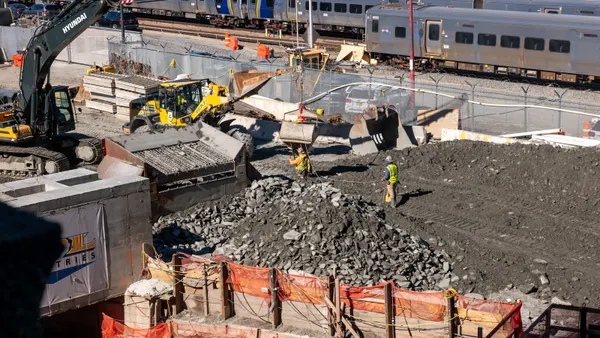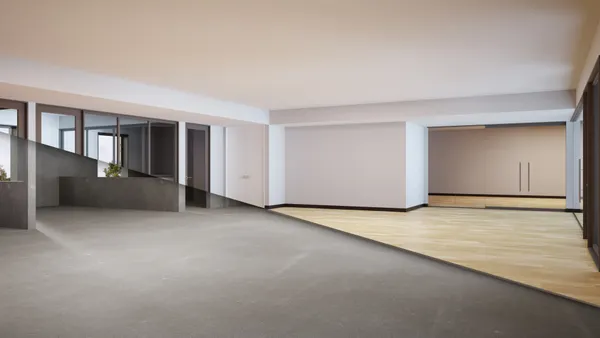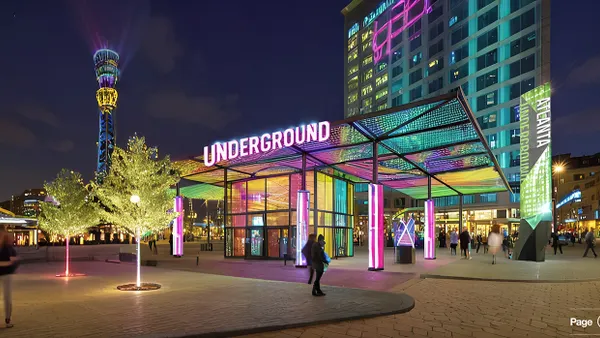Dive Brief:
- Jersey City, New Jersey, will fund and implement 14 community initiatives such as education programs, tree planting efforts and park improvements based on input received from city residents through its first participatory budgeting pilot program, according to a city press release on Friday.
-
In March, Jersey City opened an online portal that allowed residents to suggest ideas for projects to improve their community, with each ward receiving up to $50,000 from the city. Residents were given a week in June to vote on which projects should get funded.
-
Local officials said the program worked better than expected, allowing them to understand residents’ priorities. “We received really great feedback from residents, and I look forward to including that input to expand the program even more next year,” Councilwoman Mira Prinz-Arey said in a statement.
Dive Insight:
Participatory budgeting is “a democratic process in which community members decide how to spend part of a public budget,” according to the nonprofit Participatory Budgeting Project. Such programs aim to increase local government accessibility, transparency and accountability in addition to helping city leaders make more informed decisions. But to ensure success, local governments must commit to an often months-long process, make it easy for residents to take part, educate participants and measure success, advocacy groups and public officials have said.
In Jersey City, projects that will receive funding include family literacy, writing and computer workshops; tree planting in several neighborhoods; park and playground improvements; support for the Big Brother, Big Sister program; and other initiatives.
“Our interactive voting tools encouraged participation from community members who would not have engaged in our typical outreach processes," said Barkha Patel, director of Jersey City’s infrastructure department and former assistant business administrator, in a statement. "We look forward to working with the community as we implement these projects over the next few months to continue building more transparency into this process."
Funding for participatory budgeting programs ordinarily comes from a city’s discretionary budget, said Josh Lerner, executive director of the nonprofit People Powered, in an interview with Smart Cities Dive earlier this year.
The Participatory Budgeting Project says that at least 739,000 participants have allocated $386 million in public funding for more than 1,600 projects through participatory budgeting in the U.S. and Canada.












